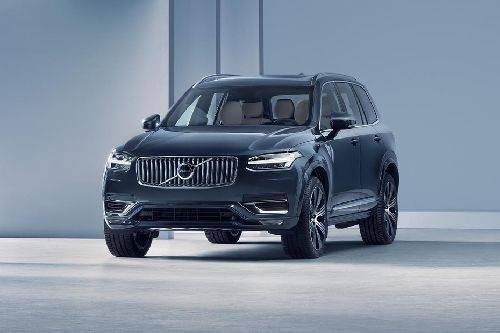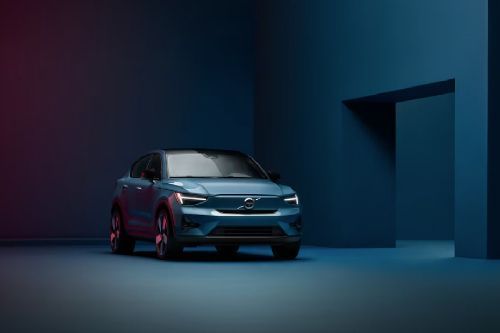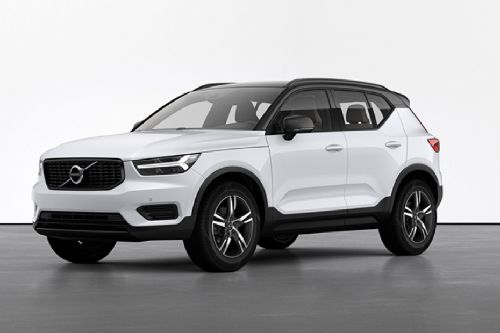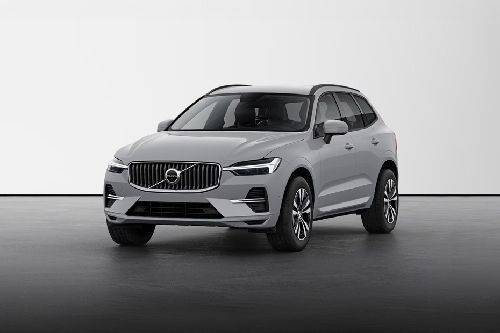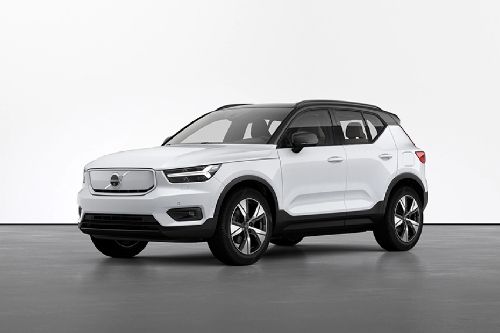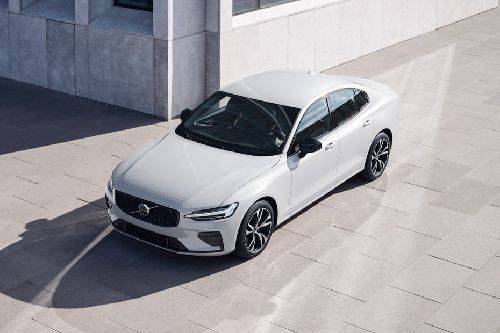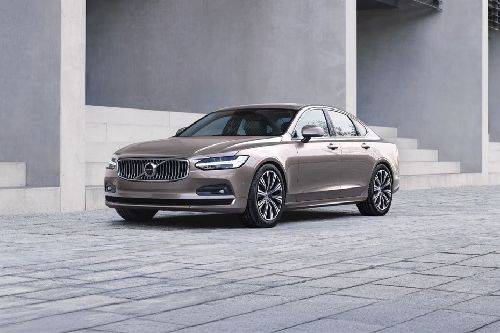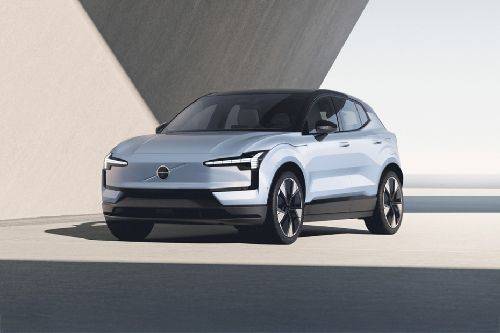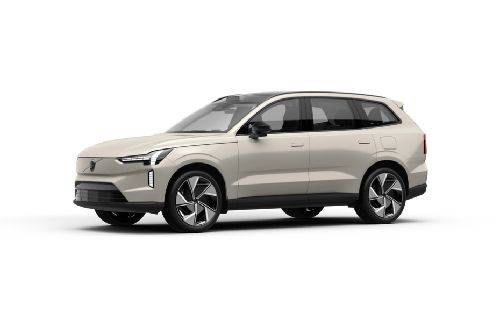Volvo strengthens commitment to sustainability with latest strategic goals

ABU DHABI: Volvo reconfirms its sustainability approach by setting new goals for the years 2030 and 2040. This commitment to sustainability reflects Volvo Cars' corporate responsibility and a response to the growing demand for environment-friendly vehicles among consumers.
KEY TAKEAWAYS
What new goals has Volvo set for 2030 and 2040?
By 2030, Volvo is planning to become a fully EV manufacturer, reducing the emissions of CO2 per vehicle by 75% from the 2018 baseline. By 2040, it aims to achieve a target of achieving zero greenhouse gas emissions.What steps is Volvo Cars taking to achieve its sustainability goals?
The carmaker is aiming to achieve its sustainability goals by exclusively selling EVs, cutting emissions in its operations and supply chain by 30%.By 2025, Volvo plans to link all its debt to its Green Financing Framework. CEO Jim Rowan emphasizes that the shift to EVs and the strategies to combat climate change are the most important steps in their sustainability approach to address societal well-being, emissions, and biodiversity.

Since 2019, Volvo has put lots of effort into meeting its sustainability goals. In global production plants, it has achieved 100% climate-neutral electricity up from 80%, and in corporate operations it has achieved 69% climate-neutral energy from 55%. Since 2018 the carmaker has also reduced the emissions of CO2 per vehicle by 19%.

Now, Volvo has set a new target of achieving zero greenhouse gas emissions by 2040. The carmaker considers emission reduction more important than carbon removal and encourages its suppliers to follow in its footsteps regarding the same.
By 2030, Volvo is planning to become a fully EV manufacturer, reducing the emissions of CO2 per vehicle by 75% from the 2018 baseline. By exclusively selling EVs, cutting emissions in its operations and supply chain by 30% the carmaker is aiming to achieve its goals.

Volvo is committed to a circular economy, with goals to have 35% recycled material in all models by 2030, maintain an average of 30% recycled content across its fleet, and ensure 99% of its waste is recycled or repurposed by the same year. Committed to a circular economy, the carmaker is aiming for 99% waste repurposing or recycling by 2030.
Also read: Volvo ES90 electric sedan to become the successor of S90
Volvo Car Models
Automotive News and Reviews
- Latest
- Popular
You might also be interested in
- News
- Featured Stories
Featured Car
- Upcoming
- Popular

